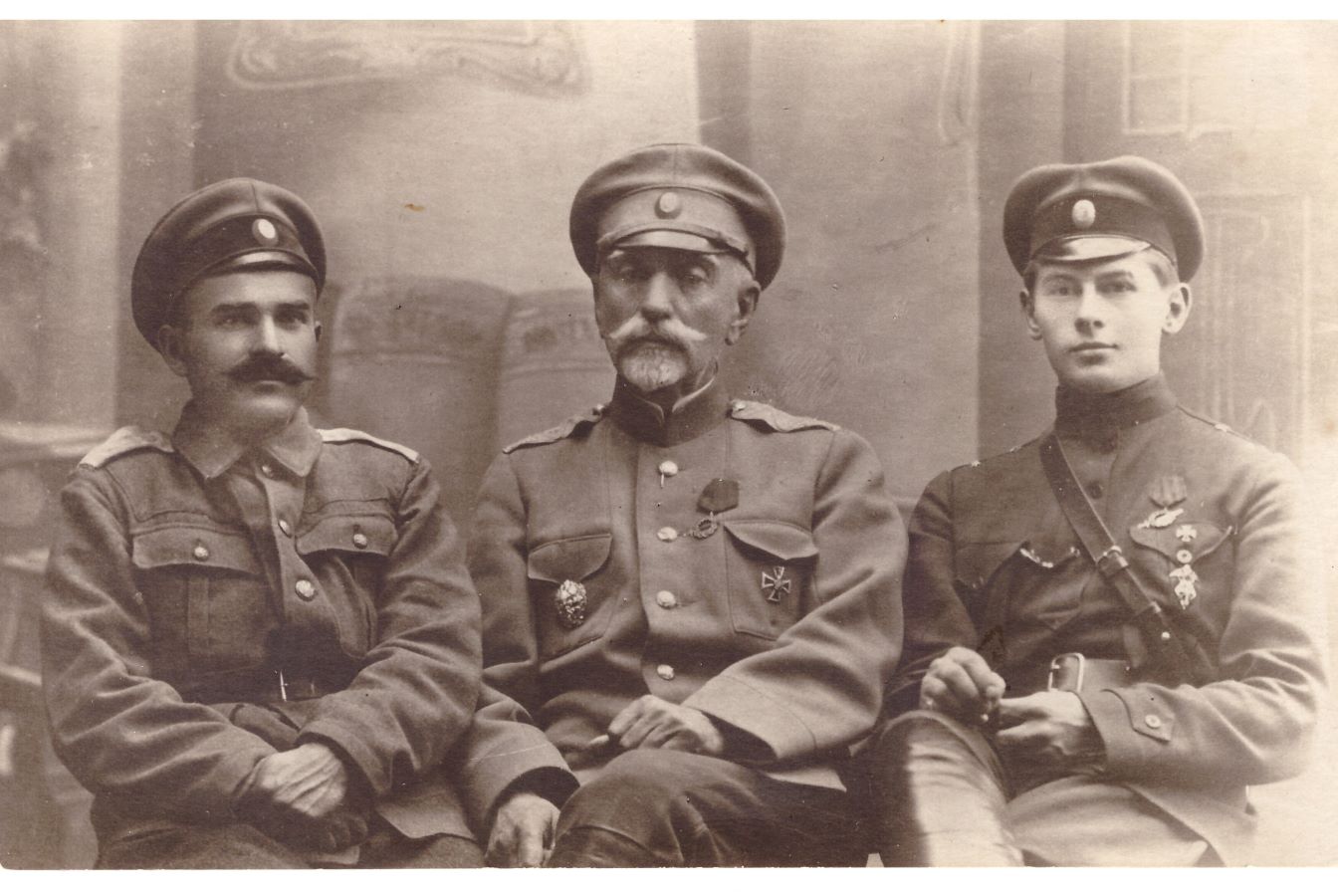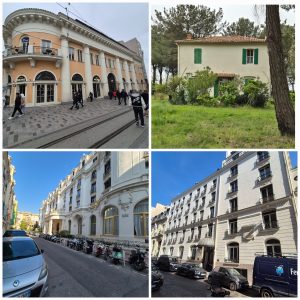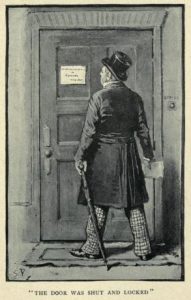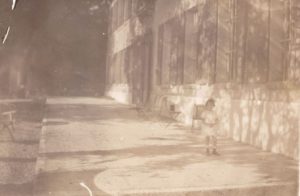I never imagined my family history would somehow be connected to Poland. Of course I had forgotten that, at various times over the centuries, Poland – or parts thereof, were ruled either as a protectorate of Russia, or as part of the Russian empire. In fact, from the end of the 18th century, Poland seems to have been split between the Hapsburg Monarchy, Prussia and the Russian empire.
November 1830 saw an armed rebellion by Poles against the Russians which is known variously as the November Uprising, the Polish-Russian War or the Cadet Revolution. The Russians crushed their opponents and, as a result, Tsar Nicholas I declared that Russian occupied Poland would become part of the Russian Empire. Is it possible that my great-great grandfather, Alexander Alekseevich Voronov fought in this conflict? I am not sure.
What I do know, courtesy of an article titled “About the Noble Family of the Voronovs, The family of Ivan Ivanov the son of Voronov”, written by A.C. Dubin in 2009, (and sent to me by my friend in Russia) is that Alexander Alekseevich Voronov was born at the beginning of the 19th century and “served for many years in the territory of the Kingdom of Poland, in Warsaw. Could he have been born in 1800, making him 30 years old in the year of the November Uprising? The same article tells me he died in Vitebsk on 27 March 1898 and had been retired at least from 1883. A website with information about Russian Generals states he became a Major General in 1870.
Further research shows Vitebsk to be located in present day Belarus, near the border with Russia. The wiki page for the Starosemyonovskoye cemetery shows my great-great grandfather as being buried there, his birth year is given as 1809. So theoretically he was 21 at the time of the November Uprising and it is feasible he could have been in the Russian army at the time. According to Dubin, in 1857 Alexander Alekseevich was a Colonel, in command of the 4th Reserve Battalion of the Koporsky Infantry Regiment. Some Googling revealed this regiment was at the time stationed in Warsaw, but moved to Novogrudok in 1862. Novogrudok is situated in the west of what is present day Belarus.
What I do know, from Dubin’s article, is that Alexander Alekseevich met and married Anna Feliksovna Koludzinskaya in Warsaw. Anna Feliksovna was Catholic, which was not unusual as the majority of the population in Poland at the time were Roman Catholics, but their seven children, including my great-grandfather Alexey, were all born in Warsaw and baptised in the Orthodox church. I have not been able to find any more information on Anna Feliksovna.
It appears that I do not have any photographs of Alexander Alekseevich, or his wife. So the photo above is of their son Lieutenant General Alexey Alexandrovich Voronov, my great-grandfather. He is in the centre of the photo – I have no idea who the other two men are.





This Post Has 2 Comments
Fascinating connection to Poland. How records survived in such a time of turmoil with borders changing is a miracle.
I’m very lucky to have so many documents relating to my family!